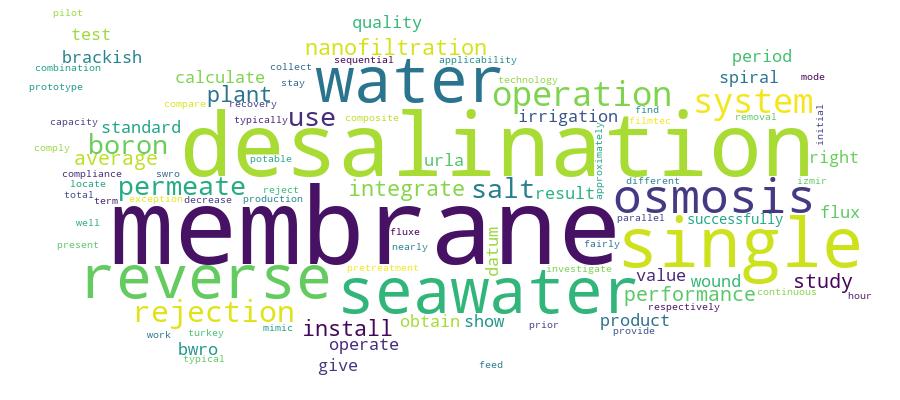Yüksel, Melis
Loading...
Profile URL
Name Variants
Yuksel,Melis
Y.,Melis
Yuksel, Melis
Melis, Yüksel
M.,Yüksel
Yüksel, Melis
Melis, Yuksel
M.,Yuksel
Yuksel,M.
M., Yüksel
M., Yuksel
Melis Yüksel
Yüksel,M.
Y., Melis
Y.,Melis
Yuksel, Melis
Melis, Yüksel
M.,Yüksel
Yüksel, Melis
Melis, Yuksel
M.,Yuksel
Yuksel,M.
M., Yüksel
M., Yuksel
Melis Yüksel
Yüksel,M.
Y., Melis
Job Title
Araştırma Görevlisi
Email Address
melis.yuksel@atilim.edu.tr
Main Affiliation
Law
Status
ORCID ID
Scopus Author ID
Turkish CoHE Profile ID
Google Scholar ID
WoS Researcher ID
Sustainable Development Goals
6
CLEAN WATER AND SANITATION

2
Research Products

This researcher does not have a Scopus ID.

This researcher does not have a WoS ID.

Scholarly Output
2
Articles
2
Views / Downloads
7/0
Supervised MSc Theses
0
Supervised PhD Theses
0
WoS Citation Count
0
Scopus Citation Count
23
WoS h-index
0
Scopus h-index
1
Patents
0
Projects
0
WoS Citations per Publication
0.00
Scopus Citations per Publication
11.50
Open Access Source
0
Supervised Theses
0
Google Analytics Visitor Traffic
| Journal | Count |
|---|---|
| Journal of Membrane Science and Research | 2 |
Current Page: 1 / 1
Competency Cloud


